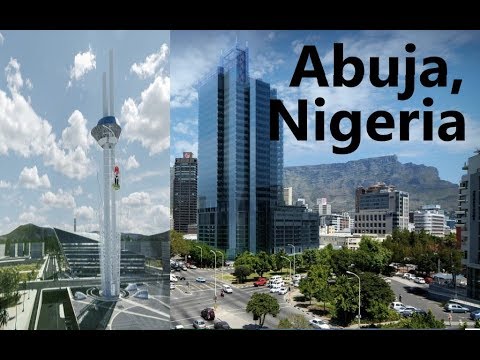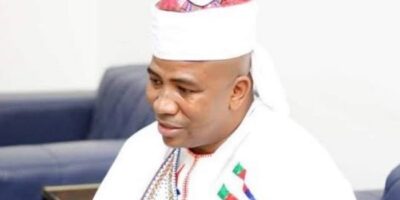Group: Only 3% Of Original Inhabitants Of Abuja Have Access To Portable Water

A baseline study on improve access to inclusive basic services conducted by a non-governmental organisation has revealed that only three per cent of the Original Inhabitants of Abuja (OIAs), has access to portable water.
Findings and outcome of the study conducted in 60 communities in the Federal Capital Territory (FCT), amongst the six area councils and 10 communities from each of the council’s indicated that aside access to portable water, some of the communities lack educational facilities.
The Executive Director, HipCity Innovation Centre, Mr. Bassey Bassey made the disclosure during the presentation of the study on Improving Access Basic Services for OIAs, in Abuja.
Bassey said the findings was to assess the level of access and inclusion of social services across three key areas of basic education, basic healthcare and WASH available to the OIAs within their communities.
He noted that his group and co-advocates have been canvassing for the promotion of the rights of the OIA and for better social services in their respective communities.
According to him, the findings of the baseline study was to prove that many OlA communities do not have primary schools,
some have to trek miles to reach the nearest school.
Also, even in communities where there are schools, many are in various states of disrepair, lacking educational facilities and lack equipment, not serving the educational needs of the PWDs in the communities.
Bassey said some primary school children still learn sitting on the floor with no desk, stating,
most of the schools sampled, the sanitation and hygiene situation was abysmally poor with very few schools who could boast of having functional toilets with water running for the maintenance of proper hygiene by the students.
Primary healthcare centres across many of the communities sampled bring dissatisfaction to community people as they are unequipped, poorly staffed and have no drugs and almost half of the facilities are not connected to the national grid for electricity supply while others do not have water sources installed in their premises. Still, there are OlA communities that do not have a primary healthcare facility at all.
He added:
As it pertains to WASH, potable water is still a dream for many OlA communities who still have to depend on wells, rivers and other surface water as sources of water for drinking and other household uses.
However, a good percentage of those sampled in the study stated that they source their water from either boreholes or water vendors.
Only around three per cent of them get their water supply from the FCT Water Board. A majority of community people acknowledged that there are government supplied water sources in their communities but only about 10 per cent of these water projects are working,
he said.

Justin Nwosu is the founder and publisher of Flavision. His core interest is in writing unbiased news about Nigeria in particular and Africa in general. He’s a strong adherent of investigative journalism, with a bent on exposing corruption, abuse of power and societal ills.













